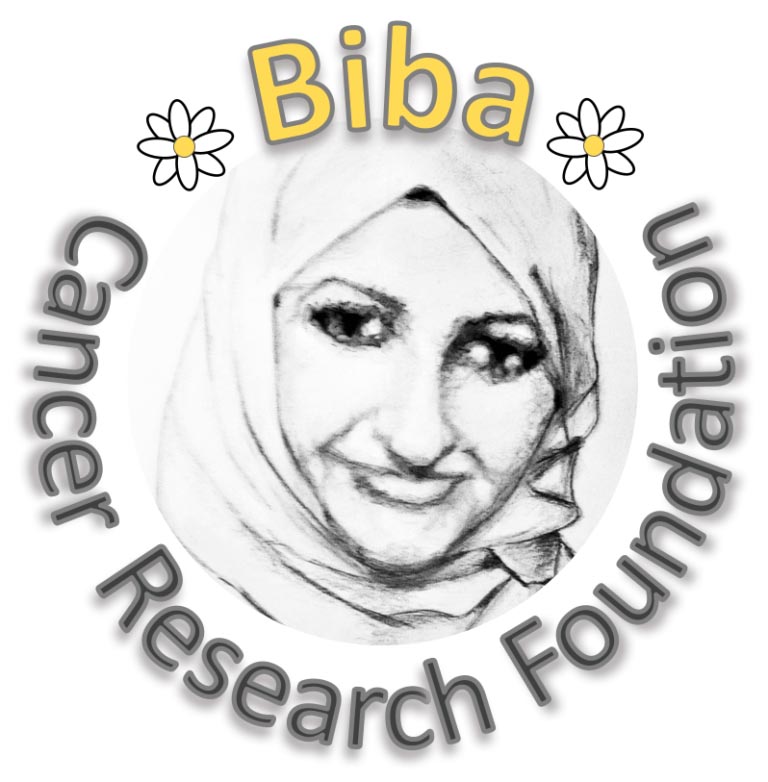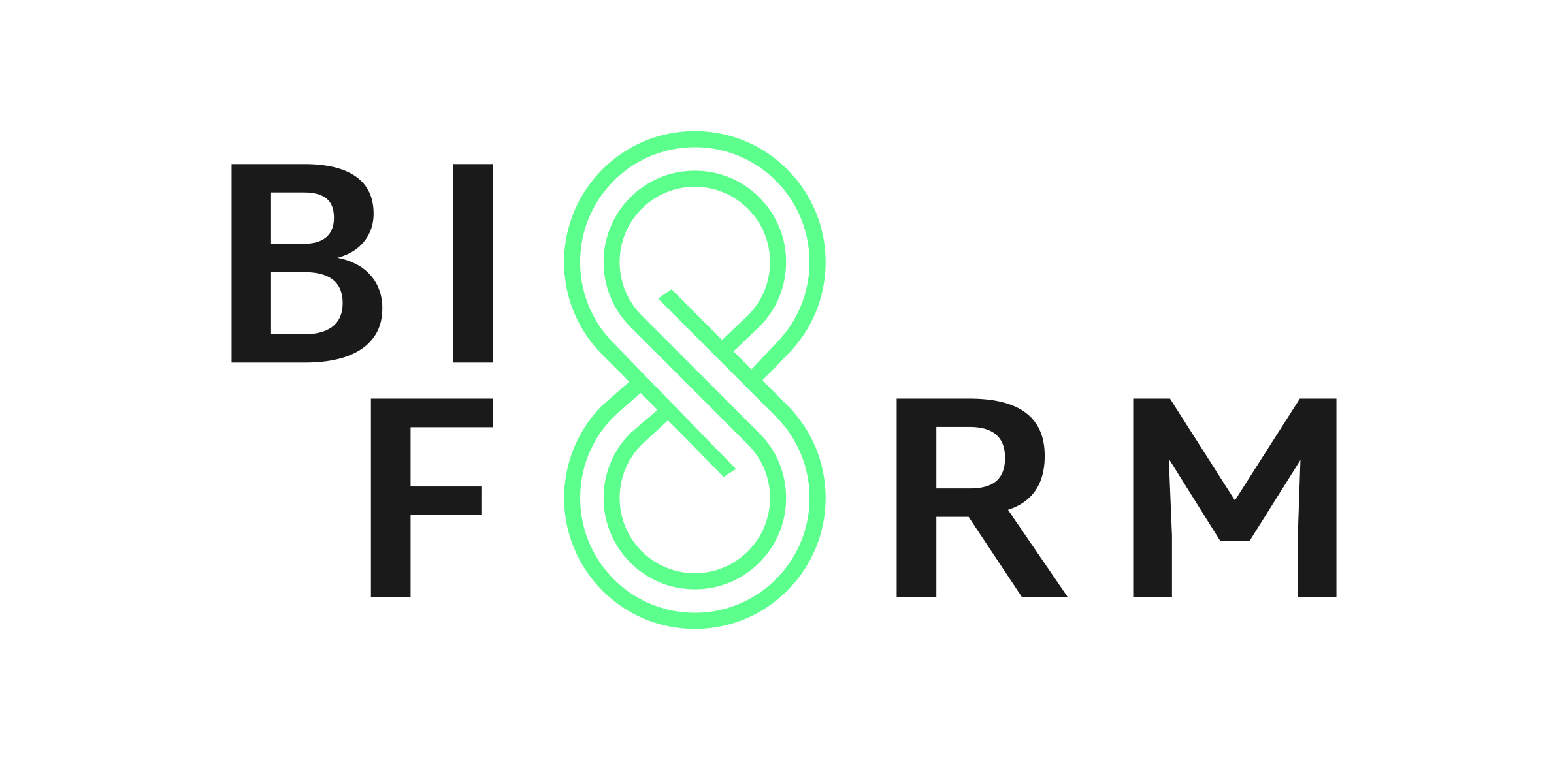UBC Origin Stories: How 3 UBC researchers turned into entrepreneurs

Featuring ABOzymes Biomedical, Biba Cancer Research Foundation and Bioform Technologies
The world is in a state of transition: the innovation we need today comes from deep tech and scientific breakthroughs that often require years of dedicated research and development to prepare for market impact. The COVID-19 pandemic has demonstrated the widespread importance of translating research innovations into solutions to solve global issues. Our need for this on both a societal level as well as an individual level cannot be overstated, and the need for scientific research outcomes to reach the market for the benefit of humanity will only continue to grow as we grapple with the growing impacts of climate change, the global health crisis, and more.
As one of the top research universities in the world, the University of British Columbia is actively supporting a ‘bench’ of highly qualified, talented personnel while attracting some of the brightest minds across the globe to pursue research advancements and discoveries at UBC. It is through entrepreneurship@UBC’s Lab2Launch program that we work with UBC researchers and scientists to help translate these research outcomes into commercially viable ventures, moving innovations to impact through venture creation.
The founders in our program come from a diverse array of disciplines and academic backgrounds, working through multiple innovation pathways to unlock the potential of their startup venture. In anticipation of our Lab2Launch applications for our fall cohort, we wanted to share some of the stories of UBC founders who moved from scientist to entrepreneur and the advancements they are making through venture building.

ABOzymes Biomedical Inc
Dr. Peter Rahfeld, Co-Founder and CSO
UBC affiliation: Faculty Member in UBC's Faculty of Science
Programs: Lab2Launch, HATCH Accelerator
About ABOzymes
ABOzymes is making blood types obsolete. The Vancouver-based enterprise has developed an innovative, unique, and proprietary platform which will realize a world where blood type is no longer a constraint for those receiving a life-saving transfusion or organ transplant. The venture’s first product is an additive for a standard blood bag that first primes, and then eliminates a marker on the red blood cell that determines blood group A, rendering it group O: universal donor blood.
ABOzymes' Origins
ABOzymes was established based on the outcomes of an academic research project Co-founder and CSO Dr. Peter Rahfeld was working on as a Postdoctoral Fellow in Prof Stephen Wither’s lab, centered on searching the human gut microbiome for blood antigen converting enzymes. This research led to the incredible discovery of an enzymatic pathway that converts the A-type blood antigen to the universal O-type. This discovery is the core of ABOzymes’ game-changing technology with significant commercial potential and global human health impacts.
In collaboration with the Kizhakkedathu Lab, the research team was successful in securing grant funding to support the R&D of the blood conversion technology. However, they realized that in order to create widespread impact, the technology needed to be developed and scaled through commercialization.
Moving from Lab to Market
It was then that Dr. Rahfeld and his co-founders, Dr. Spence Macdonald and PhD candidate Haisle Moon, joined entrepreneurship@UBC’s Lab2Launch program and were mentored by Dr. Geoff Houlton, who now is ABOzymes’ President & CEO, John Barclay, who is now the VP of Business Development, and senior medtech executive and investor Doug Buchanan, who is now the Chair of ABOzymes’ Board of Directors.
When starting the Lab2Launch (L2L) program, Dr. Rahfeld detailed that the team of researchers had little knowledge about how to establish a business case for their technology. He shared: “In L2L we learned from, and then teamed up with, our L2L mentors to form ABOzymes.
Through L2L we were able to develop a strong vision for ABOzymes, establish good corporate governance and a business development team.”
Dr. Peter Rahfeld, Co-founder and CSO of ABOzymes
The role of researcher and founder require vastly different skill sets, often being a “balancing act” between both roles. On how he managed the transition from scientist to founder, Dr. Rahfeld shared: “I think the motto of 'ignorance is bliss' fit quite well into my transition process from scientist to founder. Clearly, I would do it again, even knowing what kind of work and time is needed...For me, the journey from scientist to founder felt like a natural expansion of my responsibilities and I enjoyed every step.”
Since their founding, the team’s biggest milestones have been incorporating ABOzymes Biomedical Inc, raising over $1 million CAD and securing a meeting with the US FDA. Last year, the team made it to the top 10 of the 2020 New Ventures BC Competition and was recently featured as a Startup of the Week in Techcouver. Next up, the venture is looking to secure their own office and lab space, growing their team and raising more funds.
Keep up with the venture and learn more about ABOzymes here

Biba Cancer Research Foundation
Nida Bilal, CEO
UBC affiliation: Graduate Student in Pharmaceutical Sciences
Program: Lab2Launch
About Biba Cancer Research Foundation
Biba Cancer Research Foundation is a memorial not-for-profit organization, researching cancer therapies with the aim for their clinical translation to improve patient survival outcomes, including high-grade brain cancer. The venture was started by CEO Nida Bilal after her sister Biba passed away from breast cancer which metastasized to the brain: “In trying to find her a treatment, I realized there weren’t any options that could improve her prognosis and no clinical trial would take her. She passed away within 7 months of diagnosis.”
By this time, Nida had been accepted into UBC for her grad studies and after one month of Biba’s passing, Nida started her graduate program in Pharmaceutical Sciences to discover an RNA drug for brain cancer treatment to help research and address this unmet need of improving survival outcomes in high-grade brain cancer patients.
Biba Cancer Research Foundation’s Origins
When beginning her studies, Nida was looking to discover a viable drug candidate that could have the potential for clinical translation to benefit patients with the aim of finding something promising to help fight this aggressive disease with poor survival outcomes. The drug candidate they’ve discovered through Nida’s thesis work, BIBA001, activates the p53 pathway which is mutated in 60% of cancers, and therefore, has therapeutic potential not just for the brain but other hard-to-treat cancers as well.
Nida began her graduate studies with nanomedicine lab rotations, learning about lipid nanoparticle preparation, related assays and RNA drug screens. These lab rotations helped Nida understand how to go about doing that discovery eventually leading to BIBA001, sharing: “It was a very innovative, multi-disciplinary approach of using bioinformatics to discover brain cancer specific gene targets that then directed our in vitro drug screen studies and wet lab assays for testing effect of these RNA gene targets and characterizing their mechanism-of-action in high-grade brain tumours cells. It was at least 4-5 iterations and 14 months of lab work that culminated in the fruits of our labour with the discovery of the RNA combination drug, BIBA001.”
As she initiated her research work and pitched it to faculty, she quickly ran into funding issues despite the excitement around the research. Nida knew from the start of her research that the team would need to create a venture to enable translational research of the drug to take it to clinic: “I decided to cut short my degree program from PhD to Masters and start this organization with my friends to see if we could further research and potentially commercialize this drug candidate through entrepreneurship.”
Moving from Lab to Commercialization
The team joined Lab2Launch to gain the skills necessary to transition from research to entrepreneur (while still balancing both roles) and gain confidence as entrepreneurs. Since joining Lab2Launch, Nida shared that they gained a platform, community and a sounding board noting the team particularly felt challenged in terms of building foundational skills as they had little experience in building a startup.
Lab2Launch has directly enabled our entrepreneurial growth through the validation of our goals with excellent industry-relevant guidance and tremendous support on keeping us focused on our vision and formulating our business model and strategy.”
Nida Bilal, CEO of Biba Cancer Research Foundation
Up next, Biba Cancer Research Foundation plans to discover additional anticancer drug candidates, test them for multiple cancer types and continue preclinical studies for their translation to the clinic to benefit cancer patients. A startup company is in the works to commercialize these drug development assets.
Keep up with the team and learn more about Biba Cancer Research Foundation

Bioform Technologies
Dr. Jordan Mackenzie, CEO
UBC affiliation: Staff Member (2021)
Faculty Member in Chemical and Biological Engineering (2016-2021)
Faculty Member in Mathematics (2018-2020)
Programs: Lab2Launch, HATCH Accelerator
About Bioform Technologies
Bioform Technologies is a forward thinking company focused on building products and solutions that advance a more sustainable future. As a sustainability focused technology company, Bioform creates novel extrusion printing systems that solve some of the most important global challenges. Their goal will always be to create products that sustain life, reduce energy-consumption and promote a healthier planet.
Bioform’s Origins
The company’s underlying core technology was developed during Dr. Jordan Mackenzie’s time as a Postdoctoral researcher and Research Associate in the Martinez lab at UBC. On the research’s early objectives he shared: “The work was very much a fundamental physics problem, which focused on establishing a method to prevent mixing between two fluids flowing really fast on top of one another. It just so happened that this method can also be used to create bioplastics at commercial speed without the need for heat.”
Throughout his academic career, Dr. Mackenzie noted he always tried to work on projects that promote innovation: “It’s always exciting to approach a problem from a completely different perspective and have the freedom to explore it. Whether or not your ideas result in the outcome you were hoping for is irrelevant in my opinion. They’re all building blocks of information that will help lead you to that one exciting and hopefully disruptive finding.”
With Bioform, it was a no-brainer for Dr. Mackenzie, asserting he knew he wanted to translate the research into a company: “[I knew] the exact moment I held the first product in my hand. I’ve always been interested in starting a business with a focus on sustainability. To be able to translate years of work into a novel manufacturing technology is a dream come true.”
Moving from Lab to Market
Bioform needed guidance on taking a platform technology to market, joining Lab2Launch to build their venture and gain the crucial mentorship and expertise necessary to create a viable research based company. He shared “our team originally was made up of academic researchers that had little to no experience in structuring a company, raising money and establishing a go-to-market strategy.”
Moving research into a viable company is no easy task, and transitioning into the role of founder can be a milestone in itself to navigate. Dr. Mackenzie said “It’s been challenging and also exciting. Each day I learn something new and continue to see progress amongst the entire team.”
It’s a unique experience to play a role in a new venture that is focused on advancing such an important initiative like sustainability. It makes navigating the business and technology that much more fluid.
Dr. Jordan Mackenzie, CEO of Bioform
The team has since raised $2.23 million in their pre-seed financing round, and are in the process of constructing their commercial demonstration unit for production of 100% home-compostable bio-films for the agri-food sector. They plan to open their next financing round in the coming months to expand their team and production capacity to over 4 tons of bioplastic per day.
Keep up with the team and learn more about Bioform Technologies
Thank you to ABOzymes Biomedical, Biba Cancer Research Foundation and Bioform Technologies for sharing your UBC Origins!